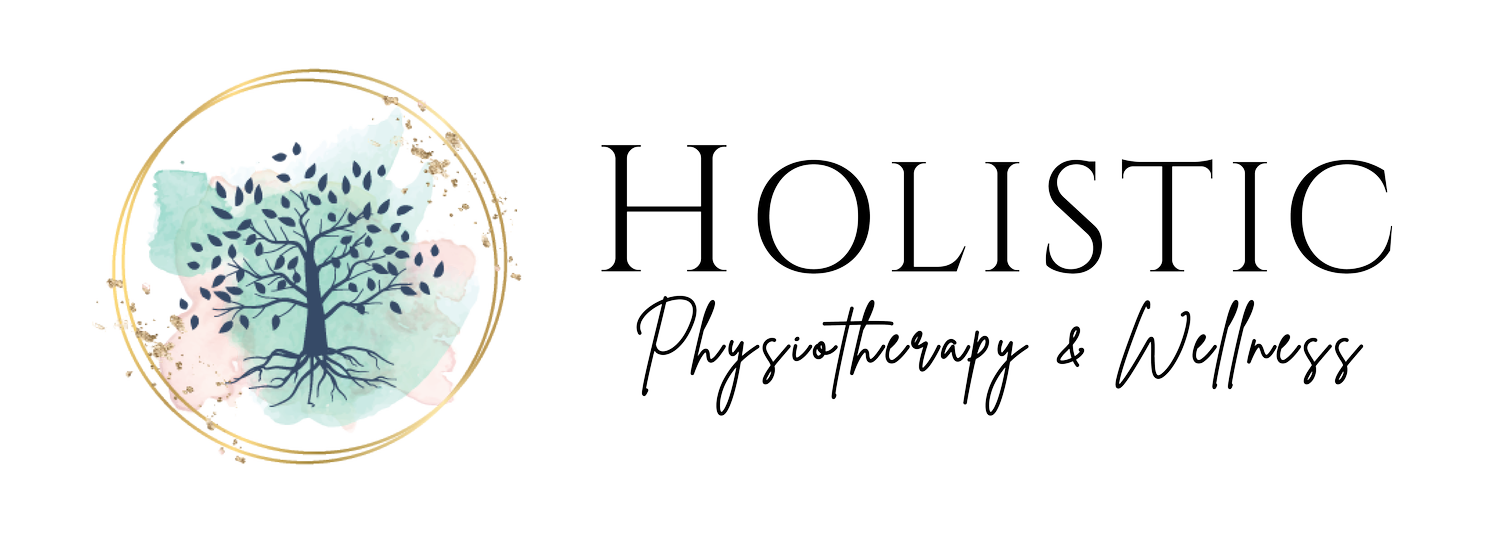Benefits of Prenatal Physiotherapy
Written By Lindsey Tasker Cole
Physiotherapist, Pelvic Health Therapist | June 5 2023
Pregnancy, labour, and delivery are so unpredictable, aren’t they? Some women sail through 40 weeks with a smile on their face while others suffer from nausea, heartburn, and sciatica with little relief. Birth can go any which way – a little early, a little late, induction or impromptu, long or absurdly long, vaginal or caesarean. Whatever way it happens, the only constant is that it rarely goes the way you plan or imagine it.
What if I told you that you could stack the deck a little in your favour? There are no guarantees or silver bullets, but there is something you can do to alleviate many of the common discomforts that comes with growing a person inside your body - while at the same time improving your experience during labour and your postpartum recovery. That magical thing is called physiotherapy.
Your body will change in more ways than you can imagine as you move from one trimester to another. Your centre of gravity shifts, some parts of your body start to loosen up to prepare for labour and by doing so put stress on other parts of your body. Certain muscles become weak (or even separate – hello diastasis rectus abdominis!) because of the way they’re lengthened or pushed aside. Hormones are flying everywhere!
That’s why pelvic floor therapy - and physiotherapy in general - are so important. These practices will help you maintain the strength and flexibility you’ll need to feel comfortable throughout the stages of pregnancy, facilitate your birth experience, and ease your transition into recovery.
Expecting mothers most often seek out this kind of treatment as a response to pain and discomfort. A lot of those common aches and pain can be resolved by working to improve posture and by maintaining strength and coordination of the inner core unit (diaphragm, transversus abdominis (TA), multifidus (deep back muscles), and pelvic floor muscles). And don't forget about those glutes!
As a dedicated women’s health practitioner, those pelvic floor muscles are one of my specialties. While this is often sought out in the post-birth recovery phase, proactive attention to the pelvic floor can be a game changer.
Prenatal pelvic prep is essential for finding balance and creating space so that your body - and your baby, who needs to descend and rotate - can do the jobs they are meant to do during labour and delivery. When the pelvic region is properly aligned, women experienced reduced tearing, shorter labors, and easier postpartum recovery. Doing this body work while pregnant can also help reduce or avoid the incontinence commonly associated as being 'normal' with motherhood (it's certainly NOT normal and women should not have to suffer with incontinence post-baby - that's what pelvic PT is for!).
And that diastasis rectus abdominus that we mentioned earlier? If you’re not familiar, it's a separation of the rectus abdominus, the outermost abdominal muscle, to allow for greater space of your growing uterus. Diastasis recti generally resolves on its own around 8 weeks postpartum with proper inner core unit retraining. It is important that you take care and move in ways that you don’t overstress this separation during and after pregnancy. For example, it is important to always roll on your side to transition to and from lying to sitting!
Yes, women have been birthing babies since the dawn of time, and yes, I absolutely believe that our bodies were made for this. But that doesn’t mean it’s easy on us (it’s called labor for a reason!) And it certainly doesn’t mean we shouldn’t give ourselves a little grace, a little support, and a little physiotherapy to pave the way for a better delivery and post-delivery experience.
If you could stack the deck in your own favour for a more comfortable pregnancy, an easier birth, and a swifter recovery… why wouldn’t you? Physiotherapy provided by the Holistic Physiotherapy & Wellness team is here for you.
Lindsey Tasker Cole
MPT BSc.Kin


